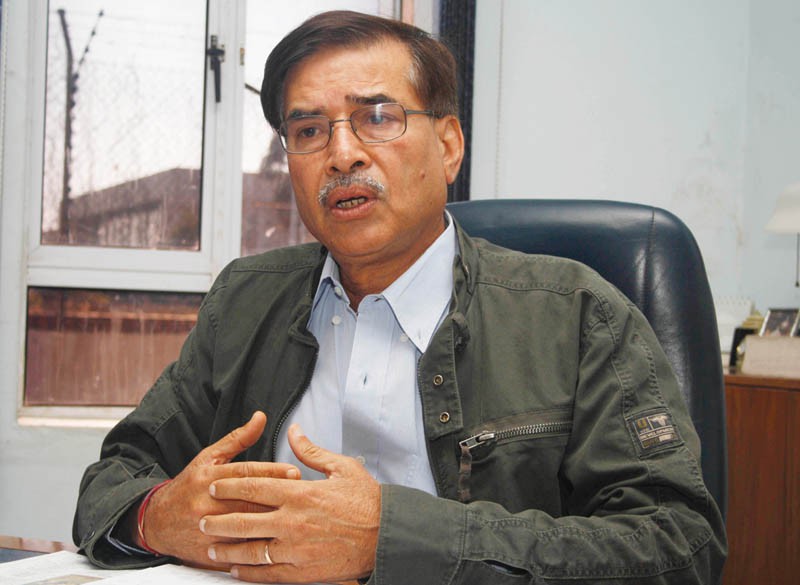Nortex makes strides in localization
Chakalisa Dube | Thursday August 13, 2015 14:29


Nortex managing director, Mukesh Josh made these remarks when speaking to Mmegi Business recently. Local textile companies have often come under fire for employing many expatriates.
Critics also said the companies hire foreigners because they offer cheap labour, while firms themselves argued that there are few skilled locals.
A few years ago, Nortex was accused of employing many expatriates at the expense of deserving locals. In 2012, Nortex shelved a P30 million-expansion plan that would have created nearly 60 jobs. Part of the reasons for shelving the plan was shortage of technical skills in the textile industry.
However, Josh said of the 480 employees at the company, less than 20 workers are foreigners who are employed in specialised areas. “We have three South Africans, one Kenyan, five Zimbabweans and six Indians.
They mostly work in the engineering, technical maintenance, quality control and international sales departments. Of course there are many sales graduates, but we currently do not have a readily available Motswana to handle international sales,” he explained.
Josh further said the company has also roped in young Batswana graduates on a management trainee programme to offer them training that would allow them to take over once foreigners leave.
“We have a few young Batswana in our training programme. There is one trainee each in sales and production, as well as two engineers. We also have in-house training for our workers, which I believe will help our trainees catch up quickly,” he said.
He added that it is often too expensive to hire expatriates, as the process involves applying for work permits for them.
Josh said Nortex’s subsidiary, Matsiloje Portland Cement (MPC), currently employs one expatriate who is the general manager.
“There is a shortage of skills in various technical areas especially in the manufacturing industry. Botswana has to invest more into training young Batswana to work in the textile industry,” he said.
